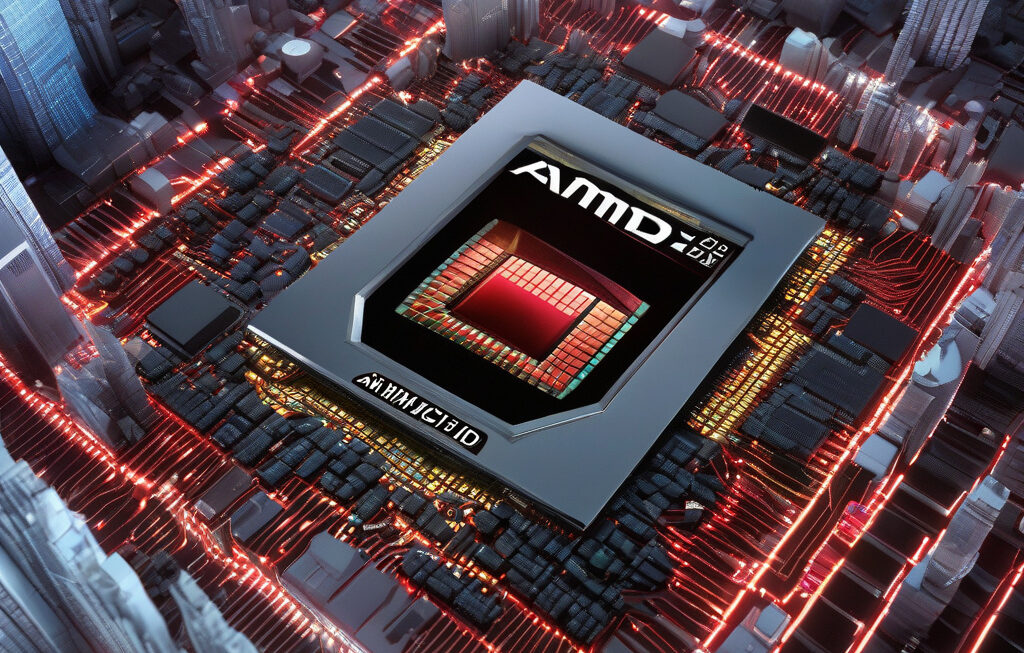Nvidia Faces Setback as US Government Imposes Indefinite Export Restrictions on H20 Chips
Nvidia, a prominent player in the technology industry, is currently grappling with a significant challenge. The US government has recently imposed indefinite restrictions on the export of Nvidia’s H20 chips. This unexpected development has sent shockwaves through the company and the market as a whole, with projections indicating a potential $5.5 billion impact on Nvidia’s financial performance in the next fiscal quarter.
The move comes as part of a broader effort by the US government to tighten export controls on semiconductors and other critical technologies. The H20 chips, known for their high performance and efficiency, have been a key revenue driver for Nvidia in recent years. With these export restrictions in place, the company now faces a major obstacle in its supply chain and revenue stream.
Nvidia, like many other technology companies, relies heavily on global supply chains to manufacture its products and reach customers around the world. The imposition of export controls disrupts this delicate balance, forcing Nvidia to rethink its strategies and operations in order to mitigate the financial impact of these restrictions.
In response to the new regulations, Nvidia has stated that it is working closely with the US government to seek a resolution and minimize the disruption to its business. The company is exploring various options to address the situation, including seeking licenses or exemptions that would allow it to resume the export of H20 chips in a compliant manner.
However, the road ahead for Nvidia remains uncertain. The implications of the export restrictions go beyond just financial losses, potentially impacting the company’s market share, competitive position, and long-term growth prospects. Nvidia will need to navigate these challenges carefully and swiftly to safeguard its interests and maintain its standing in the technology industry.
The situation facing Nvidia serves as a stark reminder of the complex and interconnected nature of the global technology ecosystem. In an era where technology companies operate on a truly international scale, geopolitical developments and regulatory changes can have far-reaching consequences. Companies like Nvidia must be prepared to adapt to these changes quickly and effectively to ensure their continued success.
As Nvidia works to address the impact of the export restrictions on its business, the broader technology industry will be watching closely. The outcome of this situation could set a precedent for how companies navigate similar challenges in the future and how governments approach the regulation of critical technologies.
In conclusion, Nvidia’s experience with the US export restrictions on H20 chips underscores the need for technology companies to be agile, resilient, and proactive in the face of regulatory uncertainties. The coming months will be crucial for Nvidia as it seeks to overcome this obstacle and chart a course for future growth and innovation in the ever-evolving technology landscape.
Nvidia, export restrictions, H20 chips, technology industry, US government.












